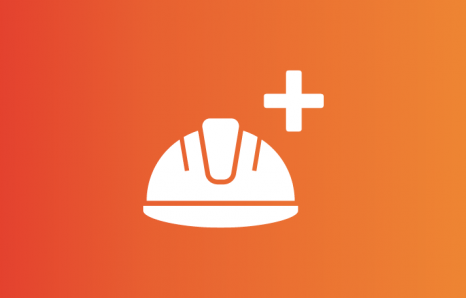Join Andy Picken as he demonstrates easy exercises to incorporate before or during your shift. Experience the benefits of simple Personal Protective Exercises (PPE) designed to boost your energy and ease your workday. This warm-up routine will help you stay active, reduce fatigue, and improve overall wellbeing, making your shift work more manageable and less physically taxing. Enhance your daily performance with these effective and accessible exercises.
You may also be interested in:

Melanoma skin cancer
Watch this talk on melanoma awareness and prevention. Learn how to protect your skin from harmful UV rays with simple tips like using SPF 30+ sunscreen, covering up, and spotting early signs such as changing moles. Featuring survivor David Bateson and Susanna Daniels, CEO of Melanoma Focus, this short session offers expert advice and personal insights to help you enjoy the sun safely.

Welcome to Rail Wellbeing Live 2023
Panel discussion: supporting young people’s mental health
Young workers aged 18 to 30 are perceived to be under almost twice as much pressure in their lives as their more senior peers. They’re more likely to be worrying about debt or struggling to pay their bills, which is likely to add to their stress. Companies can and should focus on creating a more inclusive environment and be prepared to step up and support their people.

Our industry-leading health dashboards
Over 20 rail companies are signed up to the award-winning rail industry health data dashboard project. The findings are already providing a powerful tool to generate evidenced based decisions to help businesses to improve overall wellbeing and health for rail staff. This session covers how companies have overcome the challenges of collecting health data, what to do if you are unsure or don’t know where to start collecting data and how it supports the story telling; answering the “why” and “so what” when taking action to drive change.
